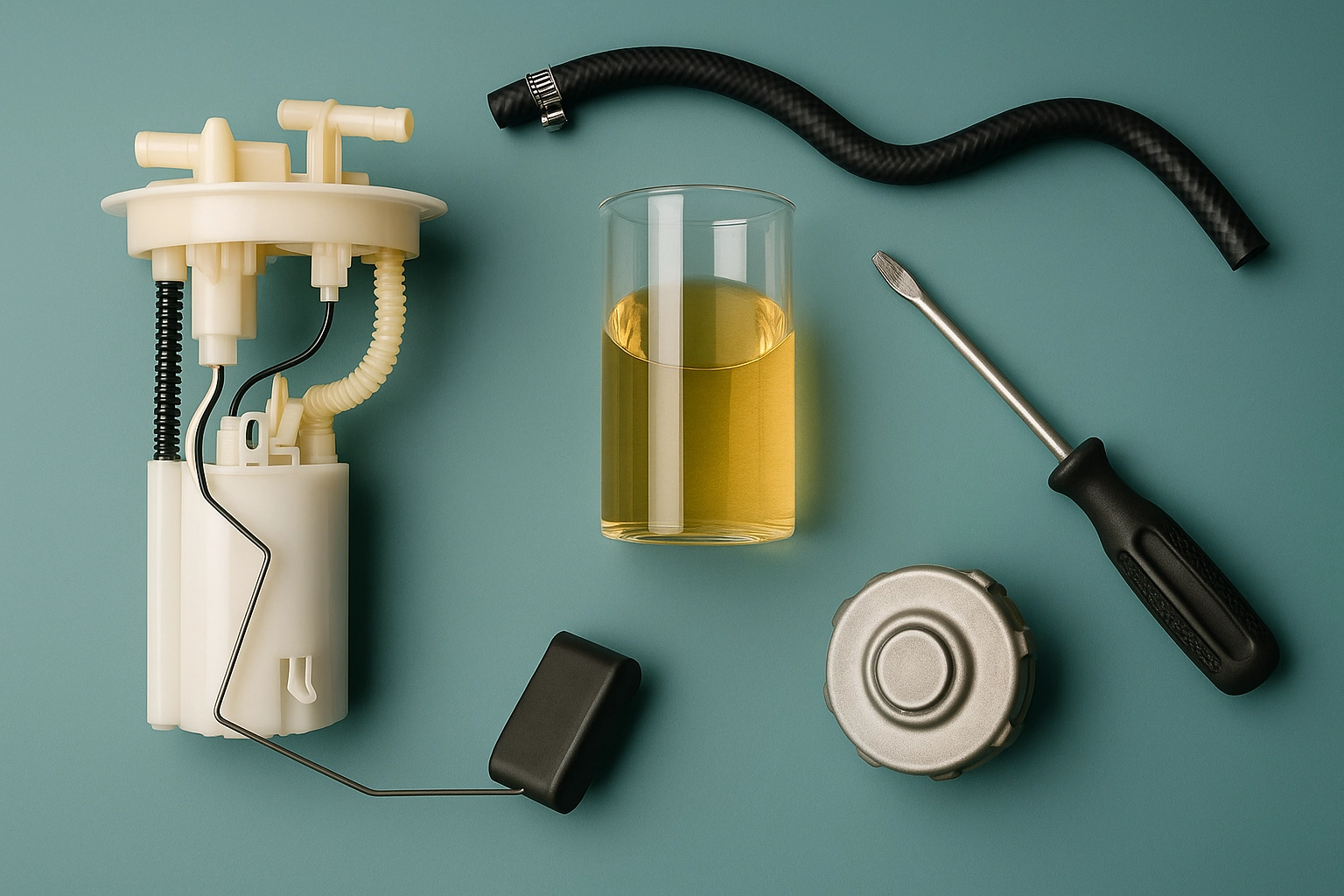SAE J2711 Electric Vehicle Energy Consumption Test
The SAE J2711 test procedure is a critical standard in the automotive industry designed to measure and report the energy consumption of electric vehicles (EVs) under controlled conditions. This standardized testing ensures that manufacturers can accurately compare their EV models against one another, aiding in compliance with regulatory requirements and facilitating innovation.
Developed by the Society of Automotive Engineers (SAE), J2711 provides a method for determining the energy consumption rate per mile driven by an electric vehicle while operating under specific conditions. The test involves driving a vehicle on a dynamometer at constant speeds, typically 30 mph and 60 mph, over a specified distance or time period.
The primary goal of this testing is to provide consumers with accurate information about the real-world fuel efficiency and energy consumption of electric vehicles. This helps in making informed purchasing decisions and supports regulatory bodies in setting standards that ensure fair comparisons between different manufacturers' models.
One of the key aspects of J2711 is its focus on replicating realistic driving conditions as closely as possible within a laboratory environment. By doing so, it allows researchers to observe how various factors—such as speed, road conditions, and driver behavior—affect energy consumption rates in actual use scenarios.
To perform the test according to SAE J2711 guidelines, vehicles must be equipped with accurate monitoring systems capable of recording both electrical input and output data throughout the duration of each run. These measurements are then used to calculate the average energy efficiency for each model tested.
| Test Condition | Description | Data Collected |
|---|---|---|
| Dynamometer Test Speeds | Typically 30 mph and 60 mph, but can vary based on specific requirements. | Average energy consumption over time at each speed. |
| Test Duration | Each test lasts approximately 1 hour to ensure consistent results across multiple runs. | Total distance covered during the test period. |
The SAE J2711 standard also emphasizes the importance of maintaining consistency in testing protocols. This includes controlling variables such as temperature, humidity levels, and battery state-of-charge (SOC), which can significantly impact energy consumption measurements.
By adhering to these strict criteria, laboratories conducting tests according to this standard are able to produce reliable data that contributes to the advancement of electric vehicle technology. As more consumers turn towards greener transportation options, accurate measurement methods like those outlined in SAE J2711 become increasingly important for ensuring fairness and transparency within the industry.
In summary, the SAE J2711 test serves as a vital tool for both researchers and manufacturers alike by providing an objective means of evaluating electric vehicle performance. Its rigorous methodology ensures that results are repeatable and comparable across different models and manufacturers, ultimately driving improvements in energy efficiency and sustainability efforts within the automotive sector.
Why It Matters
The SAE J2711 test holds significant importance for several reasons:
- Consumer Confidence: Accurate measurement of energy consumption helps consumers understand what to expect from an electric vehicle in terms of range and charging requirements.
- Regulatory Compliance: Meeting the standards set forth by SAE J2711 ensures that vehicles meet local and international regulations related to emissions and fuel efficiency.
- Innovation: By providing consistent data, this standard allows manufacturers to innovate without fear of inconsistent or misleading results influencing their efforts.
The importance of the SAE J2711 test cannot be overstated in today's fast-evolving automotive landscape where sustainability and environmental impact are key considerations. It plays a crucial role in fostering trust between industry stakeholders, regulators, and consumers alike.
Industry Applications
| Application | Description |
|---|---|
| Manufacturing Quality Control | Ensuring that new models meet the specified energy consumption targets before going to market. |
| R&D Innovation | Evaluating prototype designs and identifying areas for improvement in terms of efficiency. |
| Safety Testing | Determining if a vehicle meets safety standards related to energy management systems. |
| Environmental Impact Assessment | Quantifying the carbon footprint associated with specific driving behaviors and conditions. |
The SAE J2711 test is widely used across various sectors within the automotive industry, including original equipment manufacturers (OEMs), suppliers of components, and research institutions. It serves as a benchmark for evaluating not only individual vehicles but also entire fleets in terms of overall energy efficiency.
International Acceptance and Recognition
- United States - Adopted by the National Highway Traffic Safety Administration (NHTSA) as part of its regulatory framework.
- European Union - Recognized under European regulations for assessing electric vehicle performance.
- Japan - Integrated into Japanese automotive industry standards to ensure compliance with local emission laws.
- Australia/New Zealand - Utilized in conjunction with other international standards for evaluating imported vehicles.
The widespread acceptance of the SAE J2711 standard reflects its value as a globally recognized method for measuring electric vehicle energy consumption. Its implementation across multiple regions underscores its relevance and reliability within the broader context of global automotive standards.





